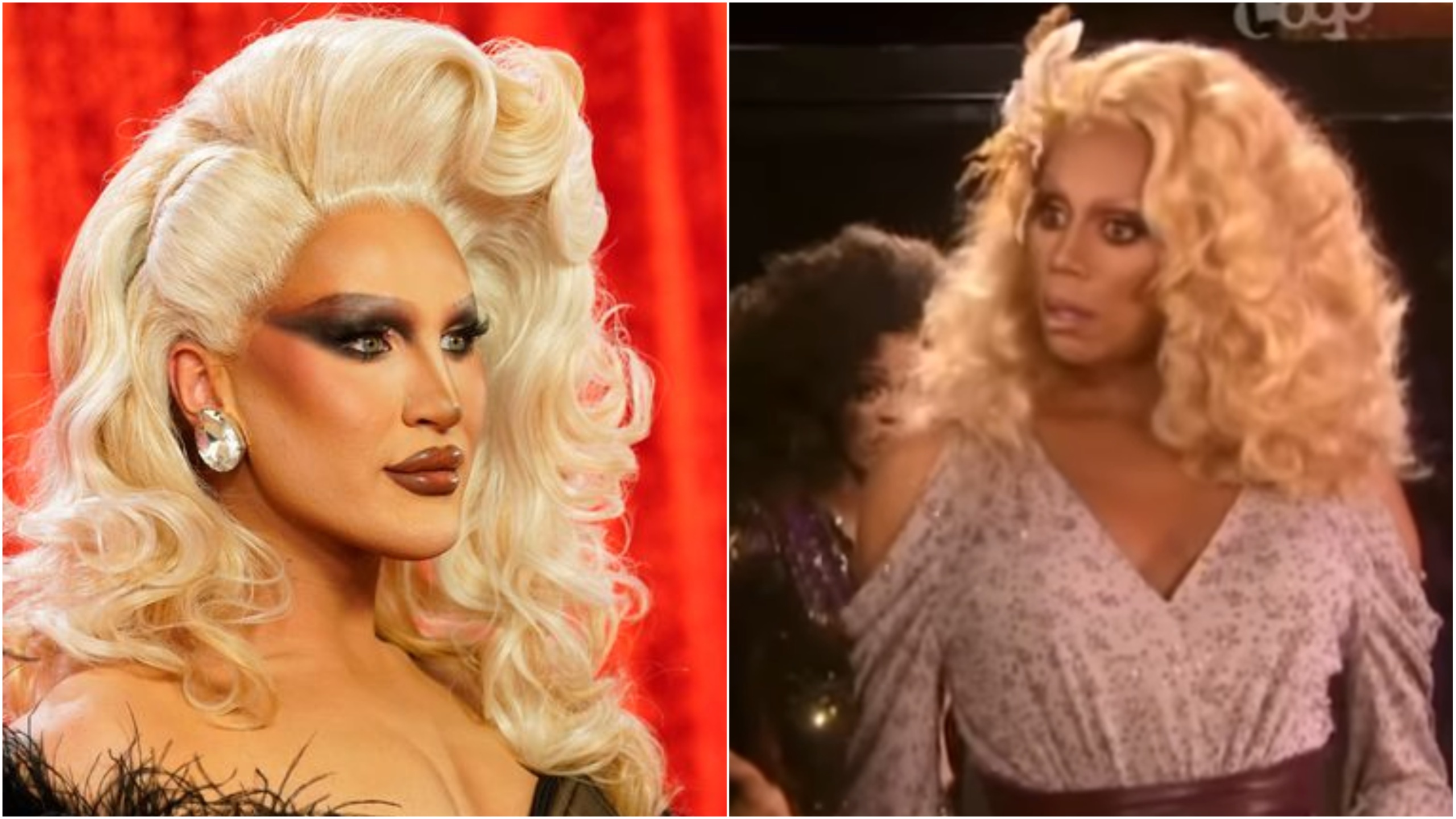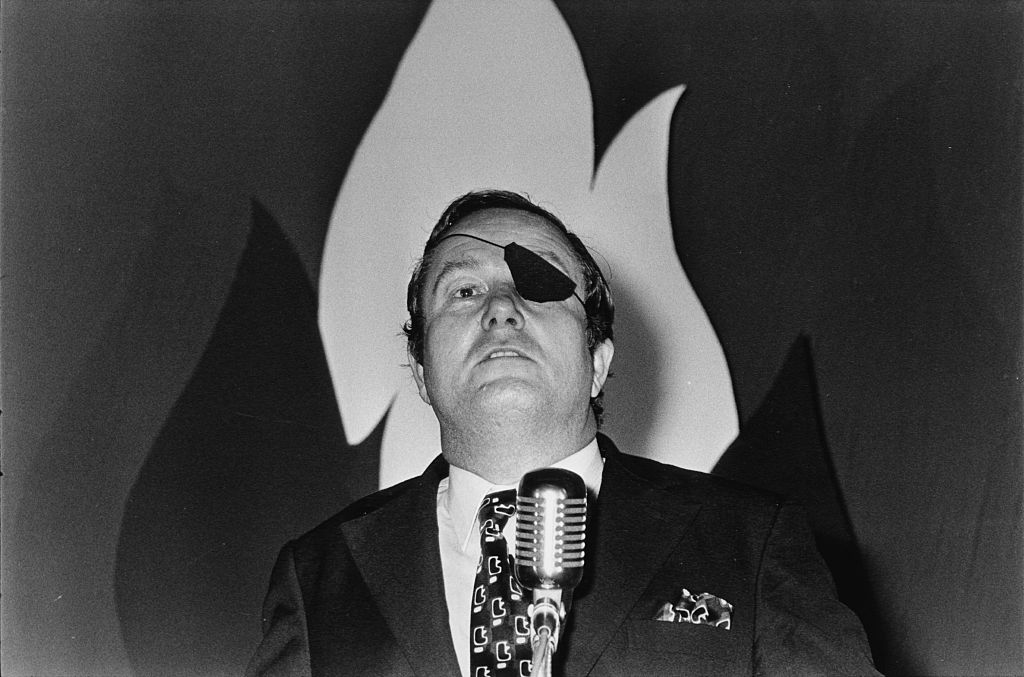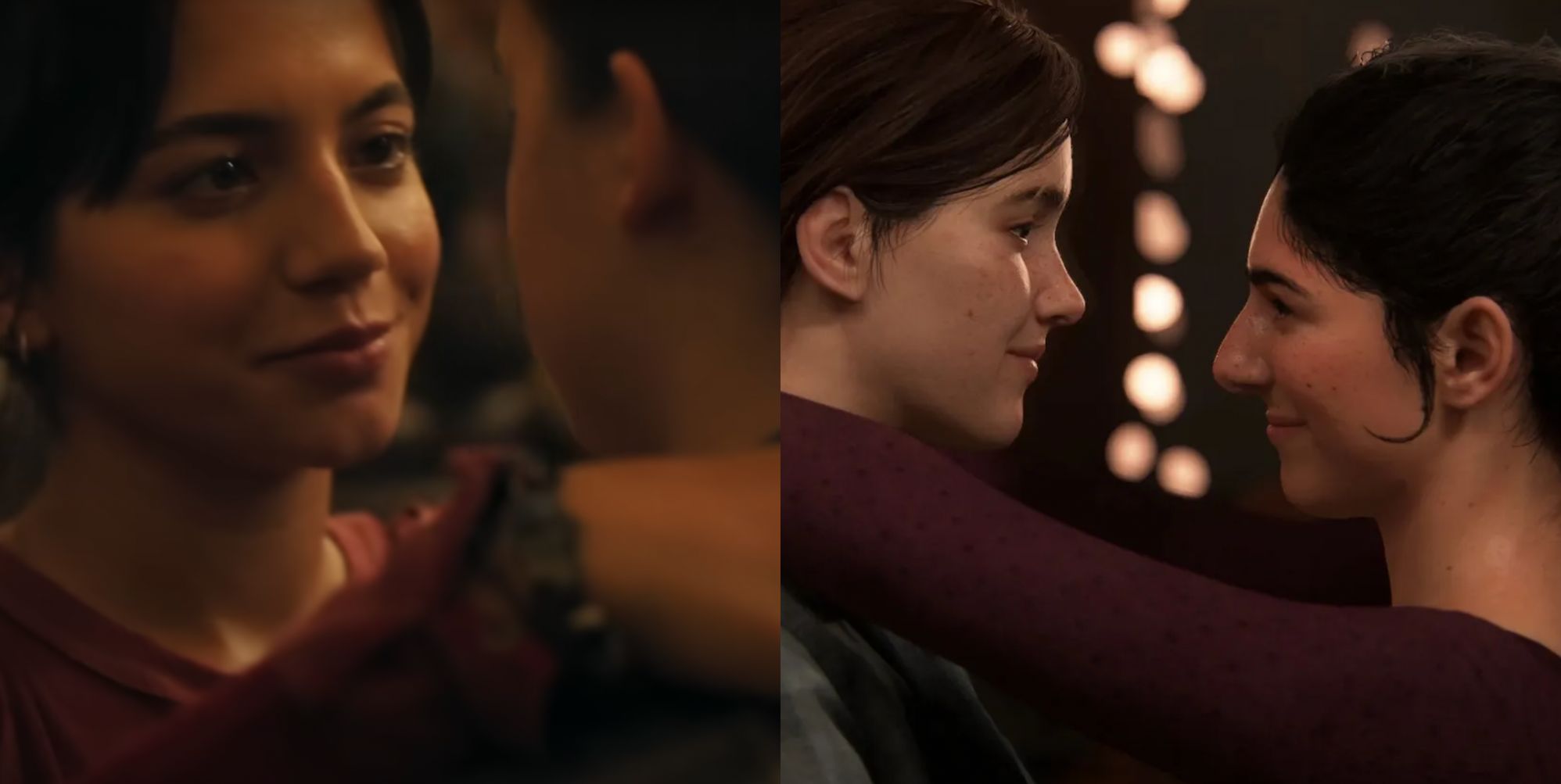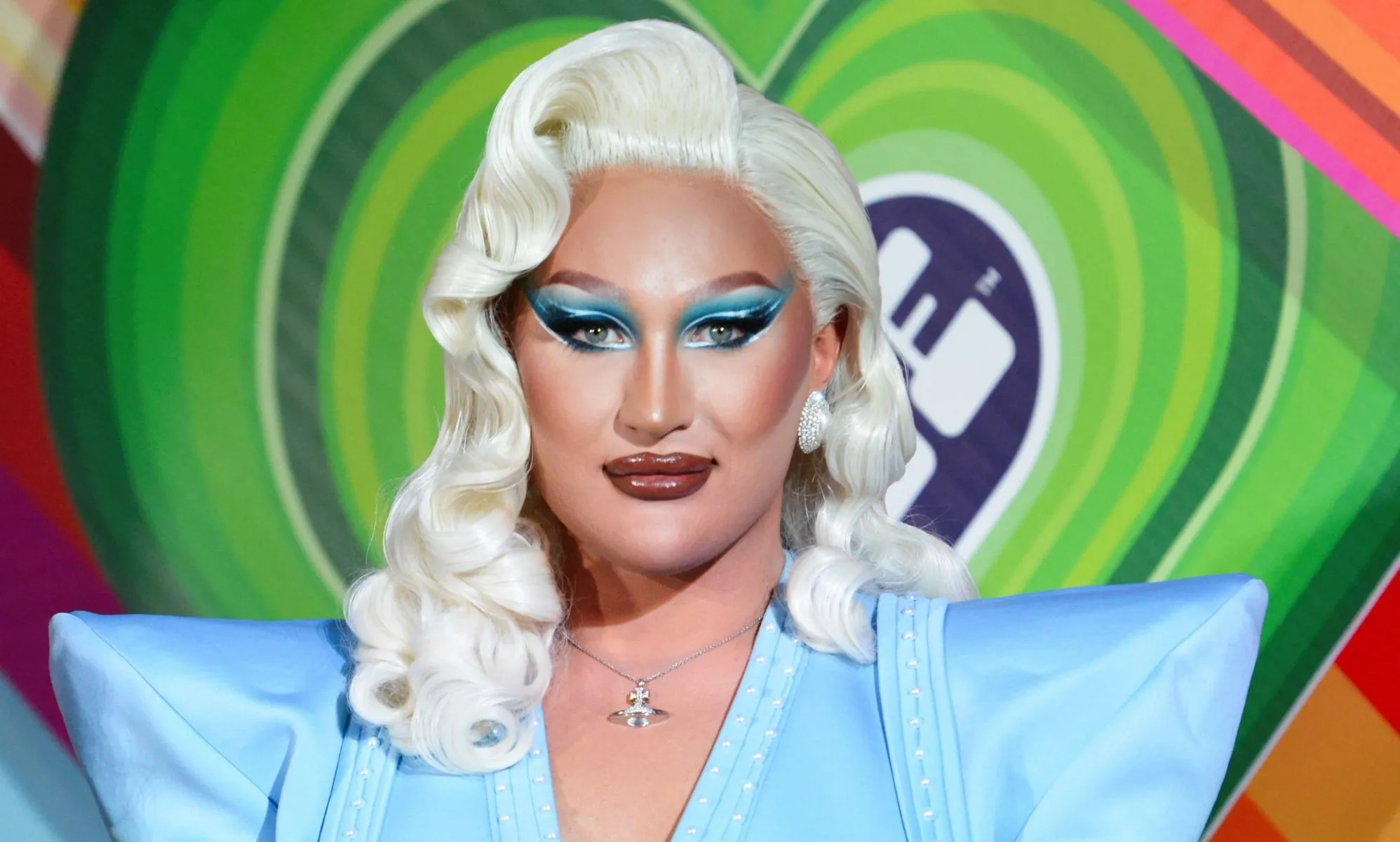Dolly Parton calls for ‘peace’ and makes touching dedication to Ukraine at ACM awards
Dolly Parton attends the 57th Academy of Country Music Awards. (Axelle/Bauer-Griffin/FilmMagic)
Dolly Parton told the Academy of Country Music (ACM) awards she would “rather pass a kidney stone” than get political on stage.
But the singer and philanthropist still used her co-hosting appearance at the ACM awards to call for “peace”, as she dedicated the entire show to Ukraine.
Two weeks after war began, more than a million Ukrainians have been pushed out of their homes and tens of thousands remain in besieged cities without food, water or power.
“I do want us, before we get started with all our fun, to take a serious moment,” Dolly Parton said, as the Academy of Country Music awards kicked off.
“Now I don’t want to be political and this is not, I’d rather pass a kidney stone than do that.
“But I want us to send our love and hope to our brothers and sisters in Ukraine.” The audience cheered.
“So why don’t we dedicate this entire show to them,” Parton added, “and pray for peace around this crazy ol’ world.”
Wearing a mirrored jumpsuit, the 76-year-old joked that a disco ball had fallen on her before the show. “I wanted to shine tonight, did I make it?” she asked.
Parton later received her own tribute from Kelly Clarkson, who took to the golden stage to belt out Parton’s iconic “I Will Always Love You”.

Brad Tursi, the guitarist of country music band Old Dominion, later thanked Parton for drawing attention to Ukraine as the band accepted their award for Group of the Year. He said it felt dizzying to be celebrating while “people are fighting for their lives”.
The Russia-Ukraine war has spurred the fastest-growing refugee crisis in Europe since World War II, turning at least 1.7 million Ukrainians – nearly half of them children – into refugees, according to the United Nations’ refugee agency.
The agency estimated that four million people may flee the eastern European country, many now trapped in their homes amid Russian shelling.
Amid the violence, there have been reports of racism by border officials, with Black people, many African nationals, discriminated against and in many cases prevented from fleeing.
Trans Ukrainians, meanwhile, have found themselves unable to flee as their identity documents do not match up to their gender identity.
Officials have banned men – and any other person with a male gender marker on their documents – aged between 18 and 60 from leaving the country.






